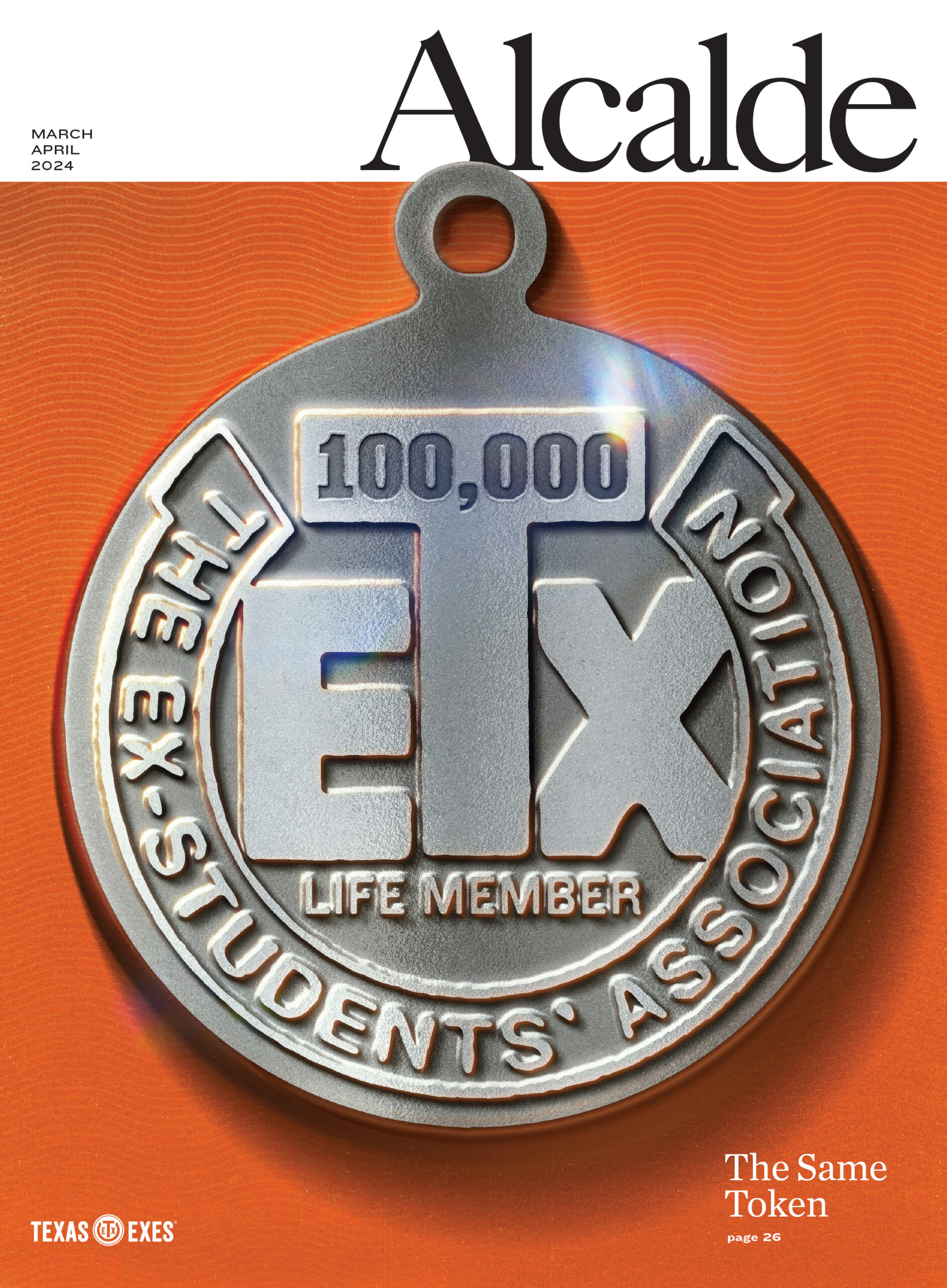Top-Down Change Is Dangerous for Texas Higher Education
 Allow me to share why I am concerned and why I and others are trying to shed light on what we think are some harmful proposals being considered by some of the governing boards in the state of Texas.
Allow me to share why I am concerned and why I and others are trying to shed light on what we think are some harmful proposals being considered by some of the governing boards in the state of Texas.
I served on the Texas Higher Education Coordinating Board for eight years from 1995-2003 and chaired it for five years. While I was chair, we convened a group of outside people who had knowledge and expertise in higher education to work with the coordinating board and staff, with Governor Bush’s office, with the legislature, and with governing boards and administrators at our institutions to develop a plan for higher education in the state.
I am proud to say that Closing the Gaps by 2015, which was adopted in 2000, is the result of those efforts. Closing the Gaps, which has been appropriately updated and revised through the last 11 years, is still the roadmap for the state. The process was collaborative and non-prescriptive—setting out what we thought were the appropriate goals for the state, and we worked closely with governing boards and institutions to seek buy-in and to emphasize that every institution had a unique role to play in helping our state meet its goals of participation, success, excellence, and research.
I had on my “statewide hat” then and learned to appreciate the different missions, populations, and strengths of the very diverse institutions in Texas. I then put on my “UT-Austin hat” and served on the Commission of 125 before I left for Switzerland. A thoughtful, deliberative, inclusive, and collaborative process by a diverse group from different constituencies laid out a roadmap on how it could become the best public four-year institution in the country while helping close the gaps. The same kind of process occurred at Texas A&M-College Station in their Vision 2020.
There are several points I would like to make, having been involved in higher education in the state:
First, I am concerned that proposals being pushed by outside groups and individuals as well as recent appointees to the governing boards are not being properly vetted and have potentially long-term negative consequences for our institutions. I am convinced from my conversations with the governor’s office that they intend to push through their agenda and changes through recently appointed regents. In fact the governor’s chief of staff told me that was their exact intention. Although I am a long-time supporter of the governor, I am very concerned these are bad ideas and would be very harmful to our great public research universities.
I certainly understand the prerogative of the governor to make appointments to boards and commissions. But there is undue pressure with a top-down, heavy handed approach—nothing like the inclusive and thoughtful and collaborative approach that produced Closing the Gaps, The Commission of 125 report, or Vision 2020. In the case of UT-Austin, it has taken 127 years to attain its reputation and recognition, and these gains can be lost very quickly. Just this week, I visited with a superb faculty member who had been recruited here from California in the last few years. I asked him if he regretted his decision because of the uncertainty and damage being done, and he could not tell me that he is still happy with his decision to come here. We need and want the best faculty and students here at our institutions, and quality and excellence can be forfeited with short-sighted and untested proposals.
Next, because of my time on the coordinating board, I appreciate the diversity of our institutions in the state, and I have been one of the biggest cheerleaders for our regional institutions that are doing so well at educating the populations that benefit from their unique degree programs, locales, and expertise. And so without apology, I say that we also need to appreciate and enhance the unique position of our existing flagships, while trying to encourage more institutions to attain Tier One status.
UT-Austin and A&M College Station have elite status—and yes, I am not embarrassed to use that word. They have elite status—not elitist—and have hard-earned reputations with excellent administrators and faculty who need to be encouraged and appreciated rather than denigrated and ridiculed. And this denigration and ridicule by outside groups, if not being encouraged, is certainly not being questioned or opposed by our governing boards. I believe that there is not an understanding of why great research universities, like UT-Austin and College Station, are important and why their missions of achieving excellence in the interrelated areas of undergraduate education, graduate education, research, and public service are vital to our state and are magnets for talent, innovation, and economic development.
Finally, I want to say that those of us who have questioned some of these untried, unvetted, and simplistic proposals are being painted as against change or simply for the status quo. That is categorically untrue. As a concerned Texan and concerned alumna, I believe that we need to support good and collaborative change—change done the right way—while questioning heavy-handed change being imposed from the top down without transparency, without an appreciation for the hard work of previous boards and legislatures and without working with the people who have dedicated their lives to educating the future leaders of our communities and our state. And I would emphasize that no one at the UT-Austin or at the UT System ever called or asked or encouraged me to get involved.
The buzz words being used in the discussion—productivity, efficiency, accountability—we are all for these. But the bottom line is that we are not producing widgets—we are educating students. In the name of productivity and efficiency, we should NOT forget that education at all levels is a “people business” and that lives can and will be changed as students learn to think, communicate, solve problems, and critically evaluate situations and material.
Thank you for looking carefully at the governance and other issues that are part of your charge to ensure that our institutions of higher education continue to improve—and that improvement comes with an appreciation for the diversity of our institutions and for the hard work that goes on every day to educate our students and future leaders. We know that you work on these issues during the regular legislative session, so thank you for your concern and interest to spend time on it during the interim as well.
Pamela Willeford is the president of the Texas Exes Scholarship Foundation. She is a past president of the Texas Exes and the former chair of the Texas Higher Education Coordinating Board. Creative Commons photo of the Texas Capitol dome by pncsmith via Flickr.

















No comments
Be the first one to leave a comment.